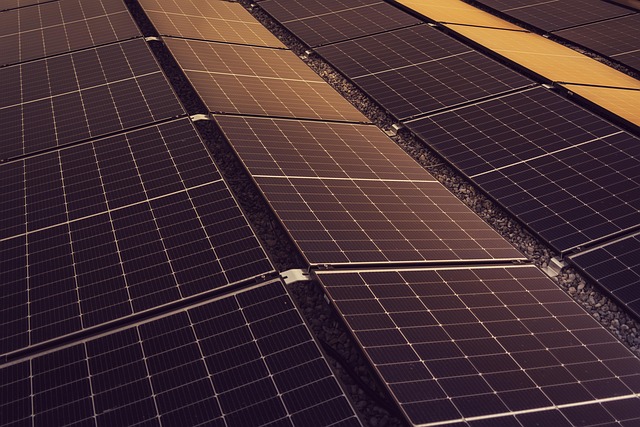Revolutionizing Energy: How Energy-Efficient Technology is Reducing our Ecological Footprint and Advancing Sustainable Development
As we navigate through the challenges posed by climate change and dwindling natural resources, the conversation surrounding energy-efficient technology has never been more pressing. These innovative solutions are not just tools; they represent a fundamental shift toward a sustainable future where we can meet our energy needs without compromising the health of our planet.
Sustainable development is at the core of this transformation. It emphasizes the need for a balanced approach that meets the demands of the present without jeopardizing the ability of future generations to meet their own needs. This is where energy-efficient technology comes into play. By optimizing the way we generate, distribute, and consume energy, we can significantly reduce our ecological footprint.
The ecological footprint measures the environmental impact of our activities, reflecting how many resources we consume compared to what the Earth can regenerate. With the rise of green technologies, this footprint can be greatly reduced. Innovations like LED lighting, energy-efficient appliances, and smart grid systems not only cut down on energy consumption but also minimize waste, making them essential components of our daily lives.
The push for energy-efficient technology aligns seamlessly with the goals of becoming carbon neutral. Carbon neutrality entails balancing the amount of carbon emitted with an equivalent amount sequestered or offset, a target that seems daunting but is achievable through advancements in technology. For example, integrating energy-efficient systems in buildings can drastically reduce heating and cooling costs, lowering energy bills and reliance on fossil fuels.
Moreover, renewable energy sources like solar panels and wind turbines are becoming more efficient and accessible. These green technologies harness natural energy to power our homes and businesses, further pushing the agenda for sustainability. When paired with energy-efficient technology, they create a powerful synergy that can lead to substantial reductions in greenhouse gas emissions.
The societal impact of adopting energy-efficient technology is equally profound. Communities that embrace these practices often experience economic benefits, including job creation in green industries and lower operating costs for businesses. By shifting our focus towards sustainable development, we invigorate local economies while fostering a collective responsibility to care for our environment.
In our quest for a sustainable future, every step counts. Whether it’s investing in energy-efficient appliances, opting for smart home technologies, or supporting policies that promote renewable energy, each decision we make contributes to the larger goal of reducing our ecological footprint. The path to sustainability is paved with innovation, and energy-efficient technology stands at the forefront of this revolution, guiding us toward a greener, more sustainable world.
As individuals, communities, and businesses continue to embrace these practices, we pave the way for a lasting change that benefits not just us, but the entire planet. Together, we can harness the potential of energy-efficient technology to create a healthier and more sustainable environment for generations to come.




